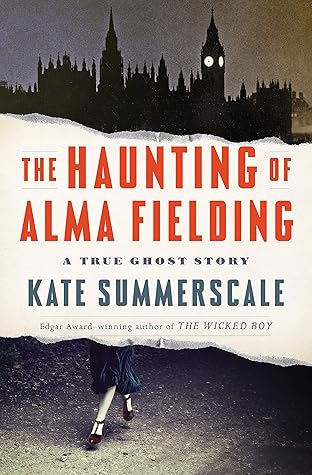More on this book
Community
Kindle Notes & Highlights
Read between
November 23 - November 27, 2021
the maids’ kinetic force was psychological rather than biological, the product of feelings more than hormones. Unlike Carrington, he suspected that suppressed emotion always underlay the violence of a ghost.
The American writer Charles Fort noted that poltergeists often emanated from those who had no direct power – women, servants, adolescents, children.
They developed a hypersensitive, porous, almost clairvoyant capacity to anticipate, interpret and fulfil the desires of others. They had a remarkable power to assess their environment and calculate the best way to survive.
The more powerless people felt, the more liable they were to find significance in ordinary events, to attribute magical meaning to a mislaid utensil, a startled animal or a burst of rain.
‘Traumatic aloneness,’ said Ferenczi, ‘is what really renders the attack traumatic, that is, causing the psyche to crack.’ The lasting effects of trauma, he argued, resulted from the absence of a kind, understanding environment.
Fodor argued both that emotions could cause weird phenomena and that hoaxes could be as interesting as real supernormal events. Lies and tricks and jokes, like ghosts, could be expressions of suffering.


